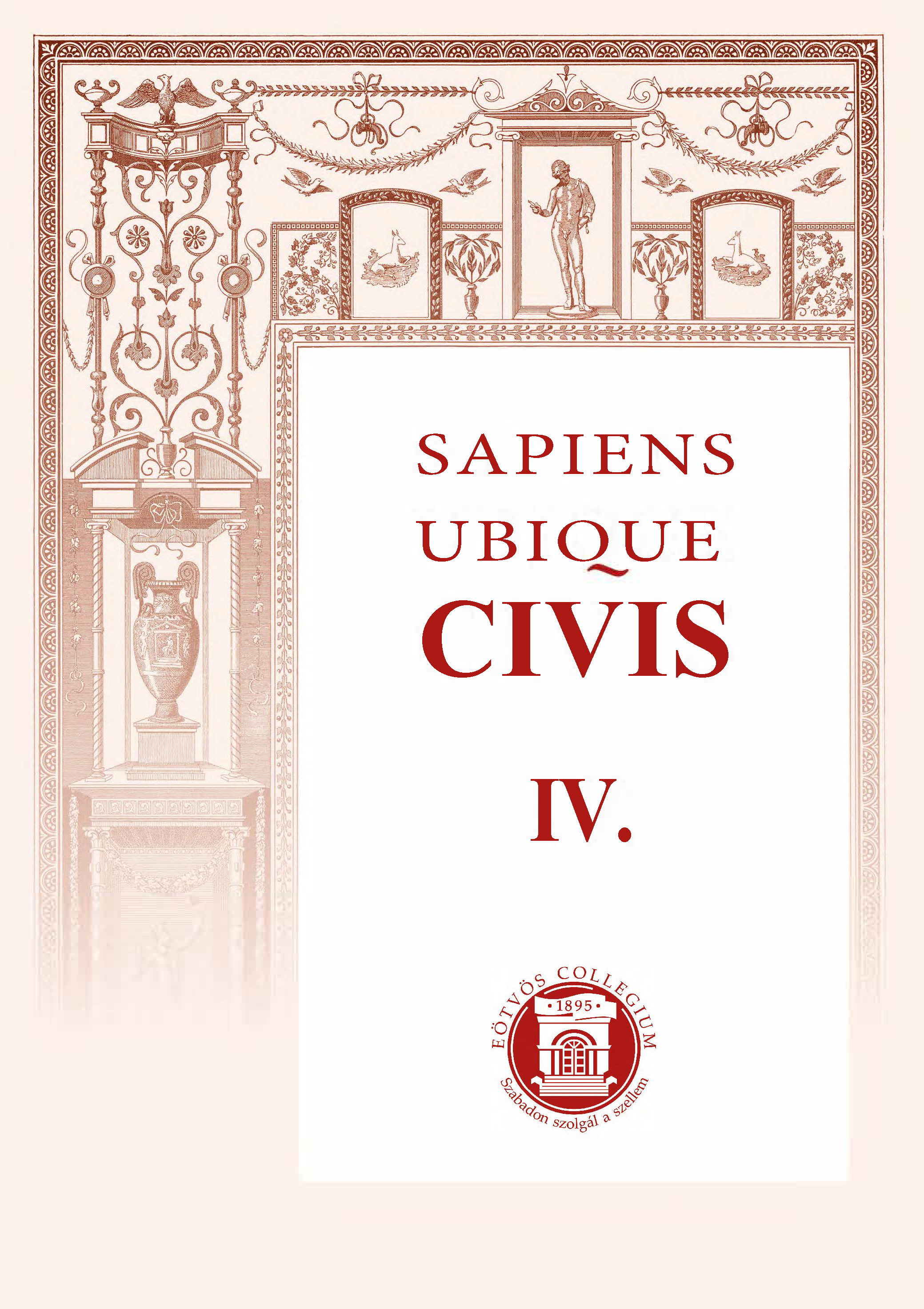'A Life Locked by Ink' or Variations on a Theme – The Youth of Erasmus of Rotterdam in His Autobiographical Letters
Main Article Content
Abstract
The life of Erasmus is very well known to us, among others from his own autobiographical letters in quite detail.1 We have three autobiographical-like texts from him in total: there is one letter from 1516, remaining in a 1529 edition, addressed to a certain Lambertus Grunnius2 (Lambert Grunt), a papal scribe. There is another one from 1524, which is known as Compendium Vitae. Moreover, there is a third one from 1524, addressed to Gerard Geldenhauer. 3 This paper is about the first one from 1516 and the second one, titled Compendium Vitae in four main parts: the first part is a brief argument about Erasmus' autobiographical letters in general. The second part is about the parentage of Erasmus, and the third one is about Erasmus' brother and their relationship according to Erasmus' own description. Last but not least the final part contains some conclusions drawn from the comparison of the autobiographical texts with each other.

